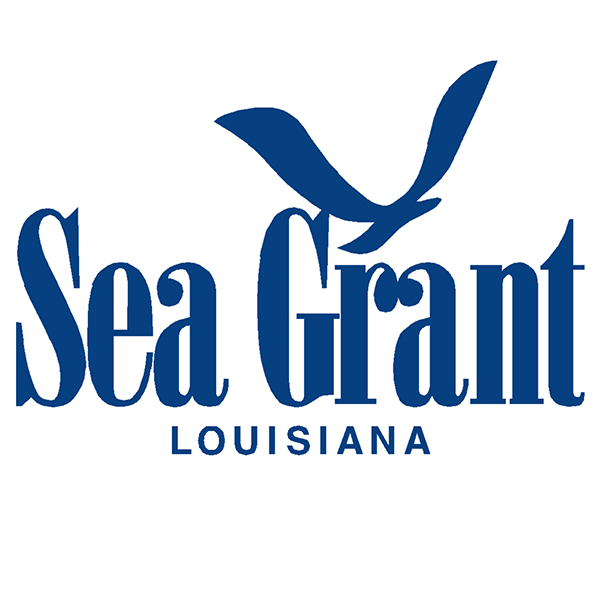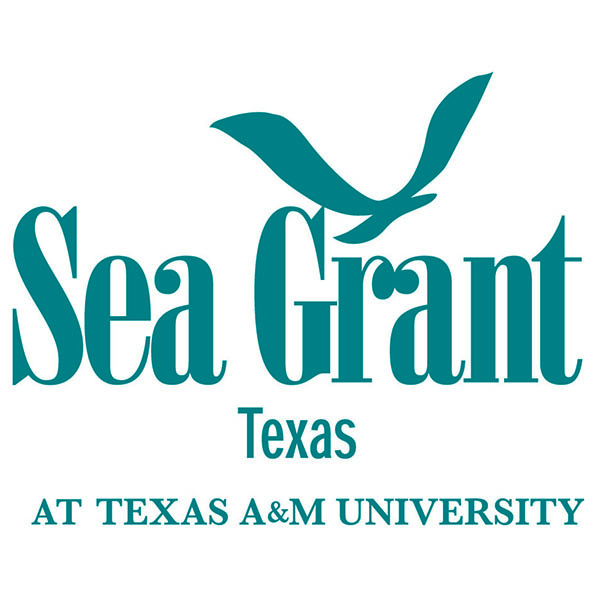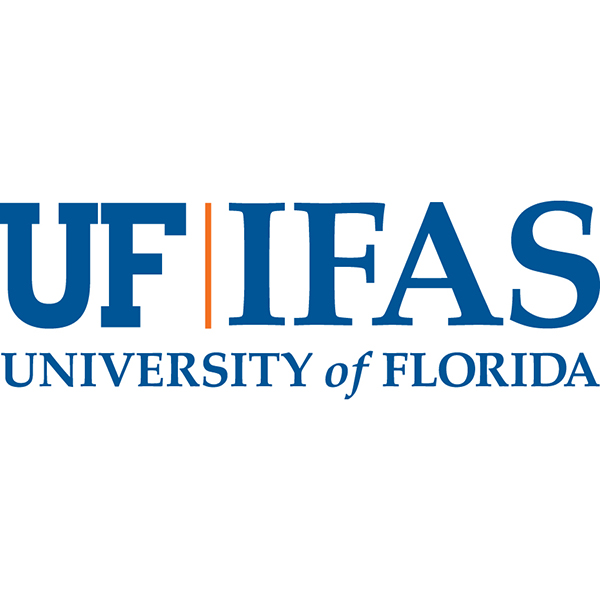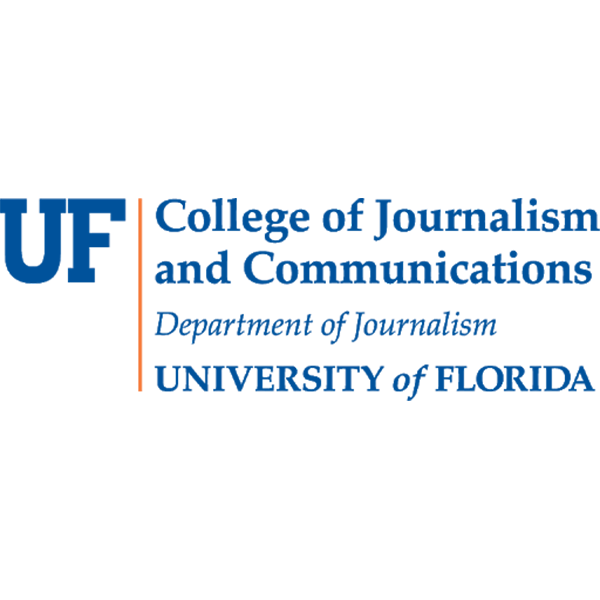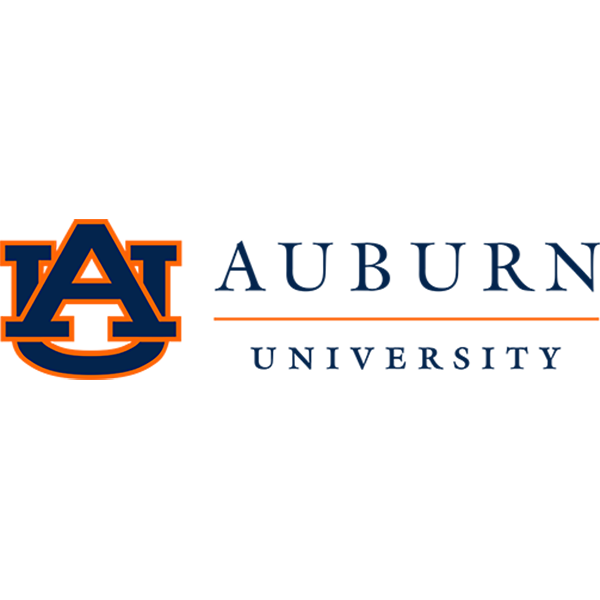Project Summary
Reef fish are economically, ecologically and culturally important to the Gulf of Mexico (GOM) and support major recreational and commercial fisheries. Due to their importance and popularity among anglers, these fisheries are regulated leading to a large number of fish that are released both by choice and by law. Most reef fish in the GOM are caught in deep water and may experience barotrauma from quickly reeling them up to the surface. Barotrauma is a pressure-related injury that occurs when gases expand in fishes tissues and organs causing internal damage and often preventing them from swimming back to depth. Effects from barotrauma can lead to a high percentage of reef fish dying after release. Anglers practicing best handling and release techniques can help improve the survival of discarded fish. Descending devices are one tool that help fish recover from barotrauma. These weighted devices help fish overcome buoyancy by releasing them at depth, reducing the number of reef fish that die from catch and release.
“The goal of this project is to reduce catch and release mortality in GOM reef fishes by increasing the knowledge, awareness and use of best release practices with a focus on fish descending devices. This goal will be accomplished through research, education, outreach and distribution of release gear to empower anglers to use and adopt best fishing practices. The results of this work will support the overarching goal of increasing the health of reef fisheries and improving angler experiences.”
The NOAA-led project was selected and funded by the Deepwater Horizon Open Ocean Trustee Implementation Group to benefit Gulf of Mexico reef fish fisheries impacted by the 2010 oil spill. The project is anticipated to span seven to eight years and award $30,011,000 in funds to support Gulf reef fisheries.
Project Components
Click on the tabs below for a description of each component.

![red-snapper-with-seaqualizer-[1200x628]-web Red snapper underwater with seaqualizer](https://archive.flseagrant.org/wp-content/uploads/red-snapper-with-seaqualizer-1200x628-web.png)

